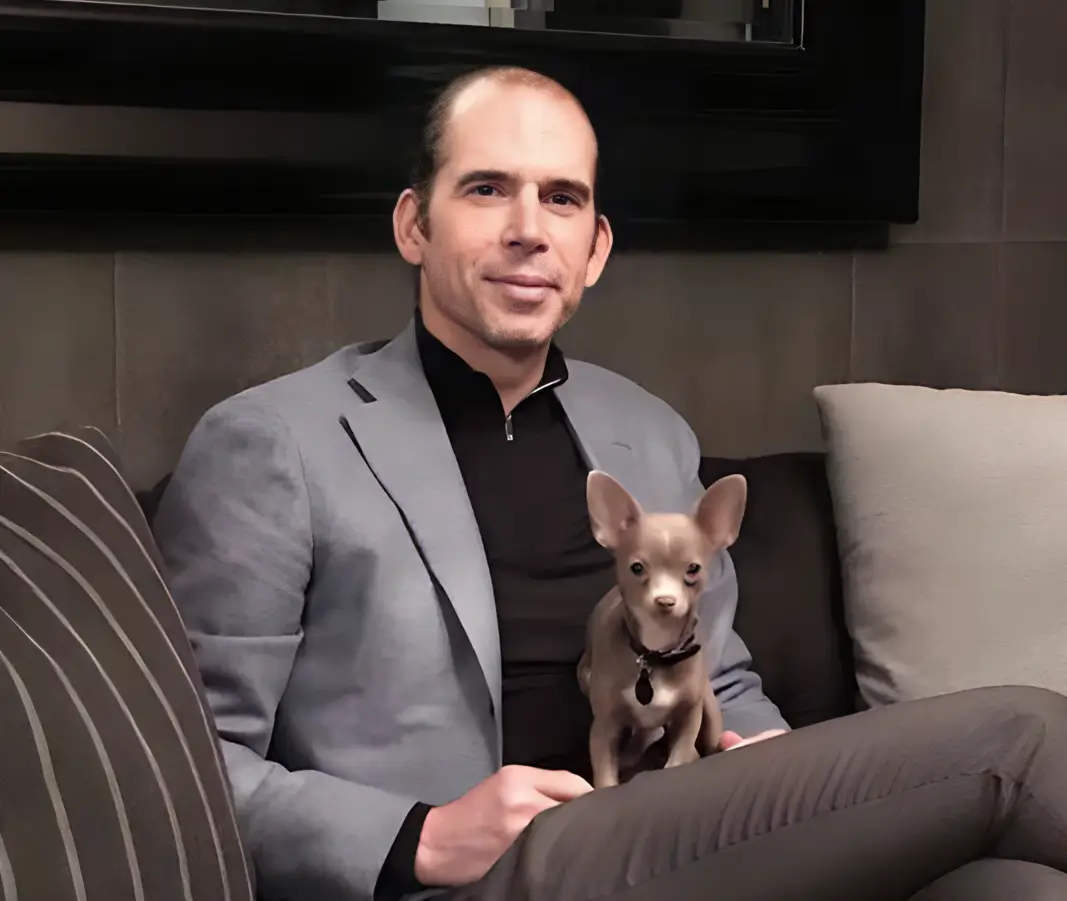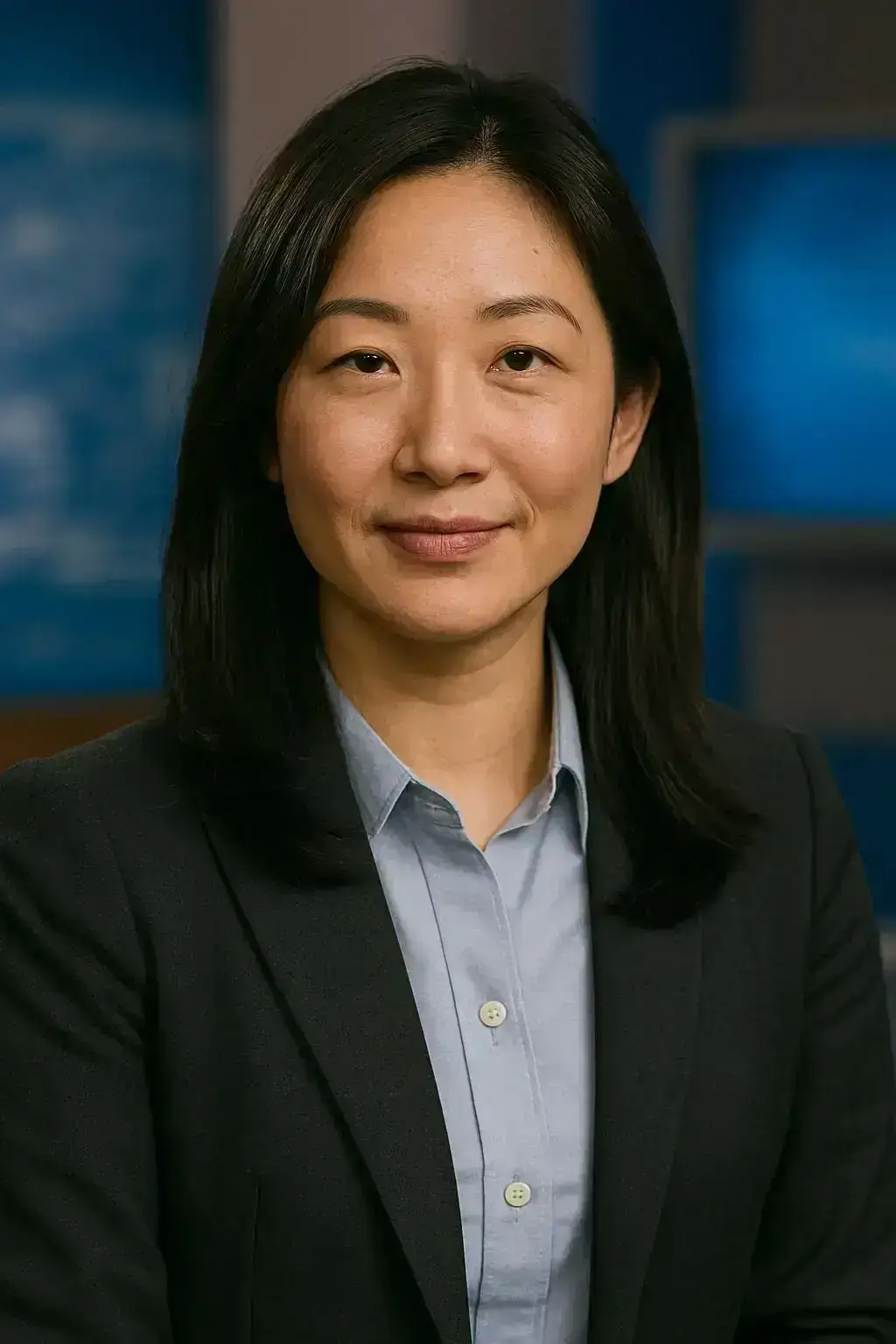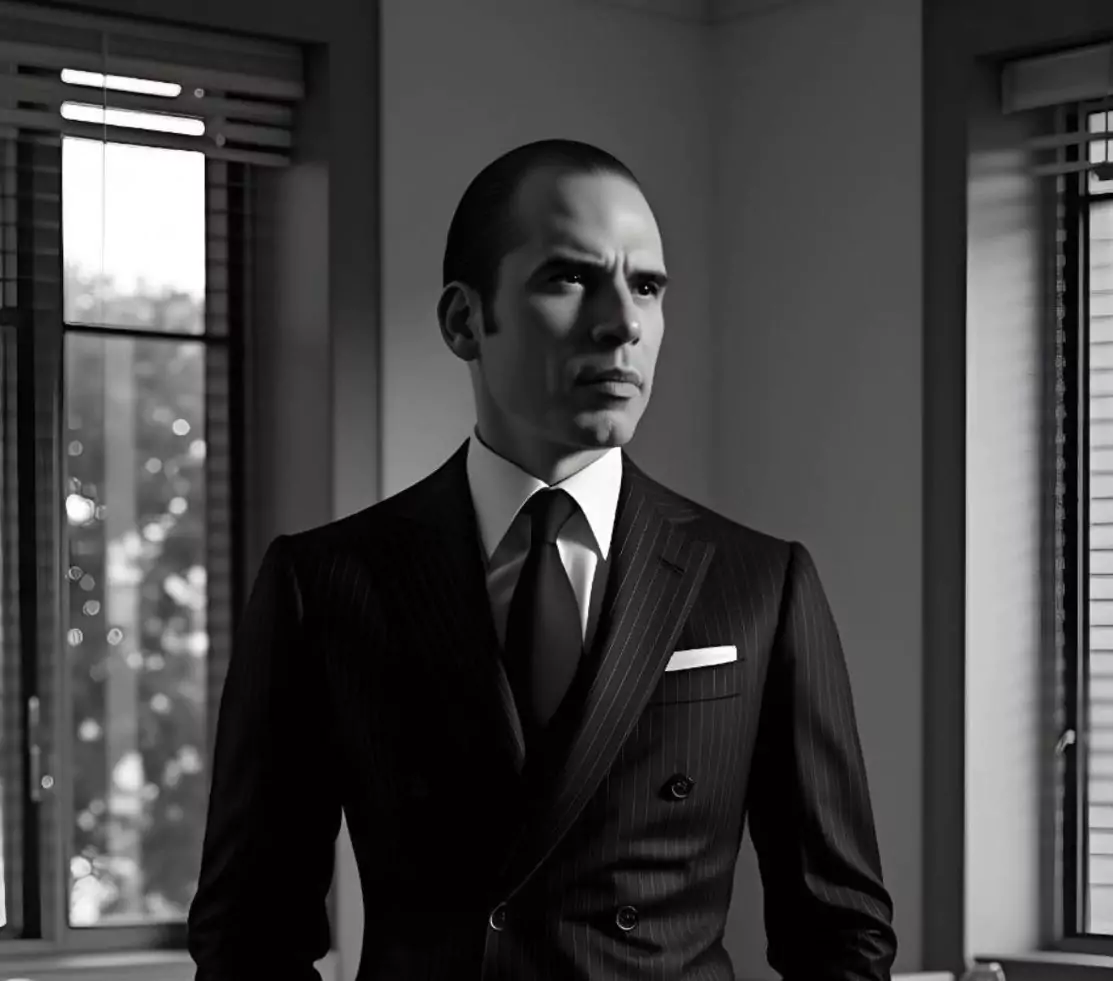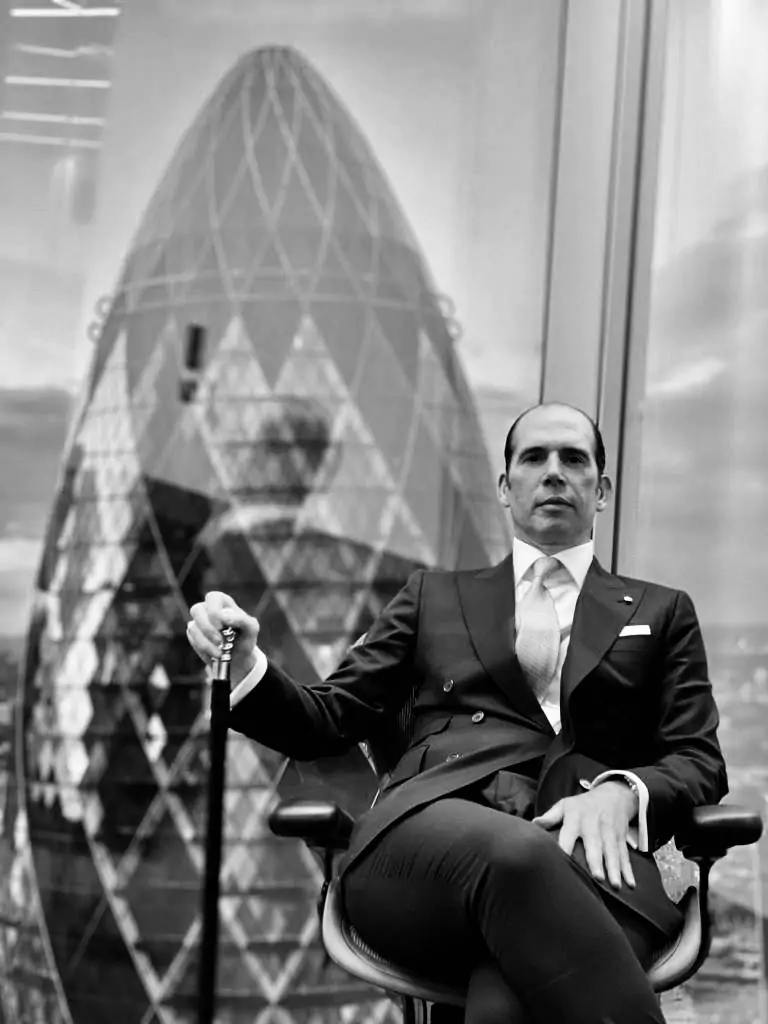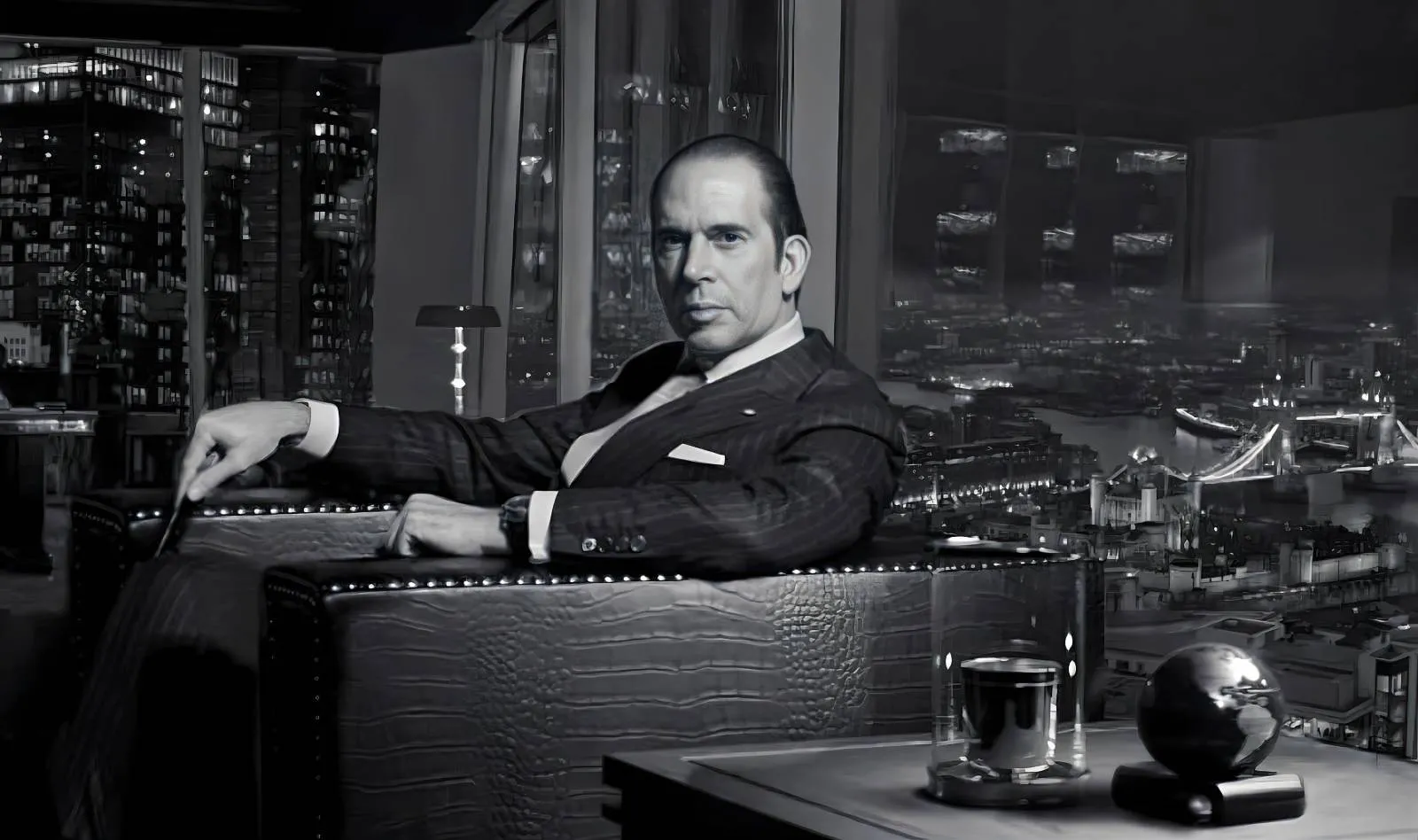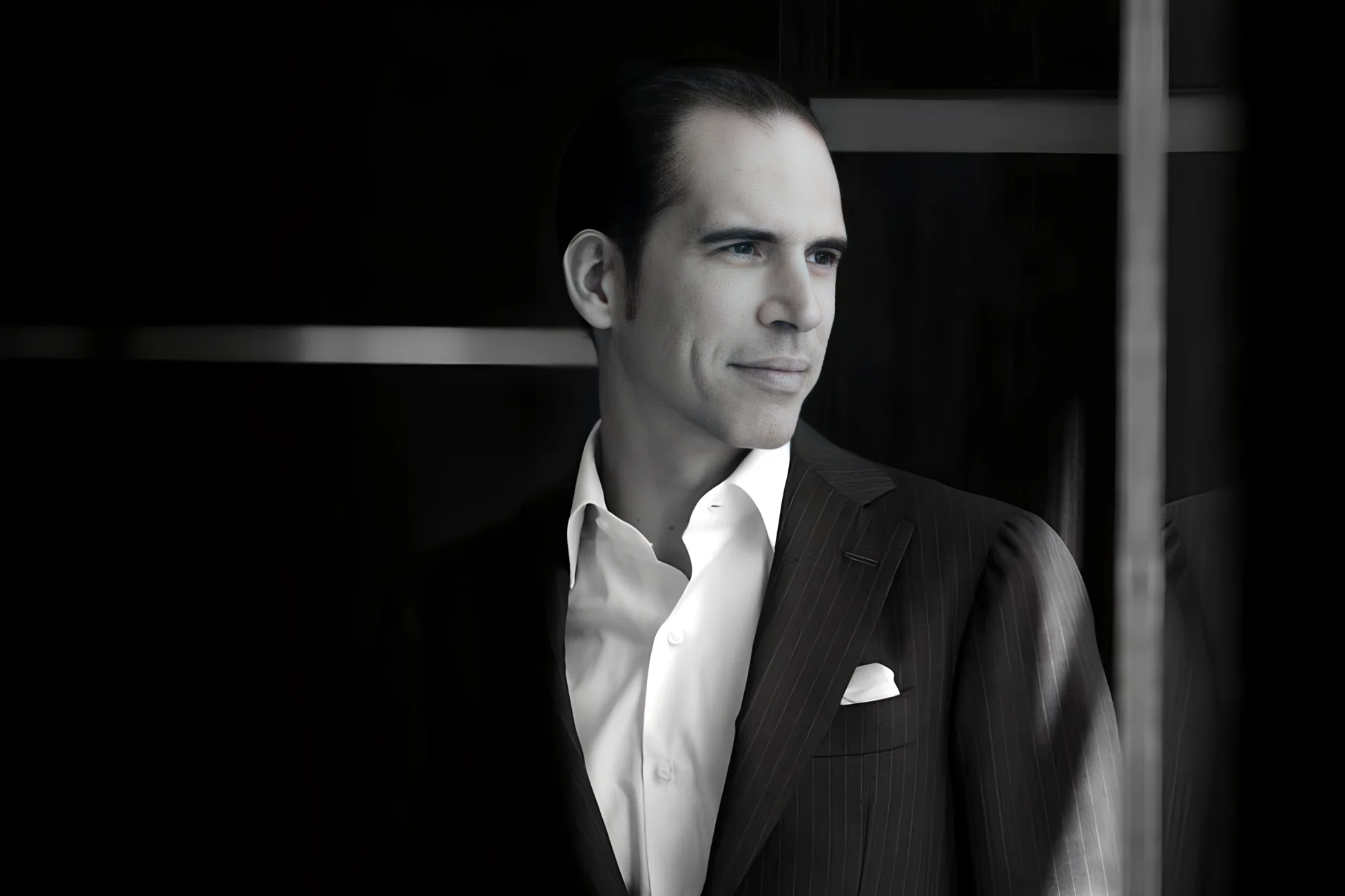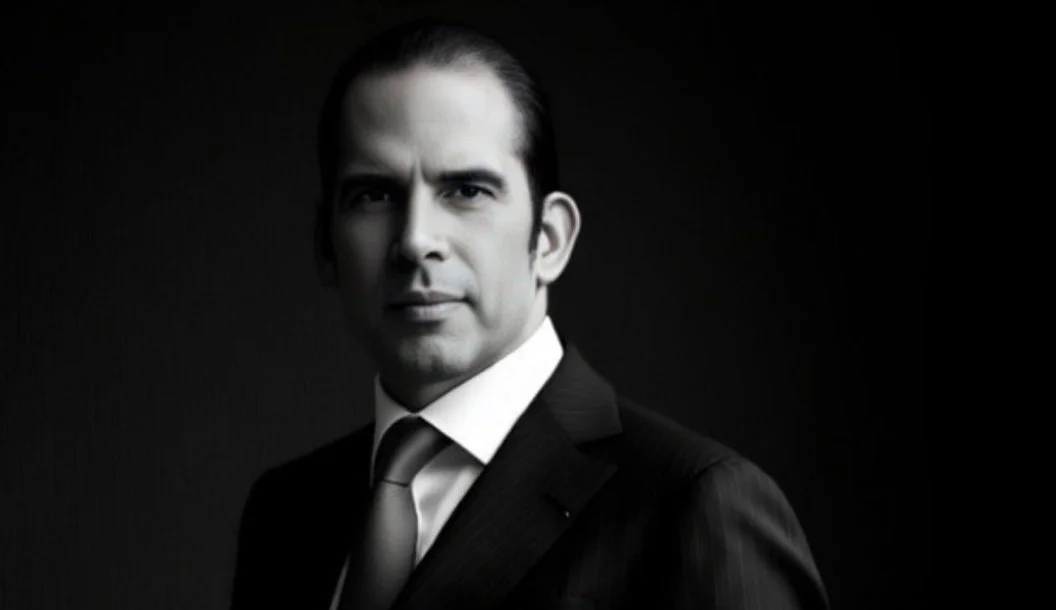Inside the Discreet Financial Network Guiding Global Capital
April 2025 — London. In the towering architecture of global wealth, where institutions, governments, and markets intersect, a small, elite circle sits quietly at the apex—shaping outcomes, protecting fortunes, and directing capital with surgical precision. At its core is Julio Herrera Velutini, the discreet Venezuelan banker behind Britannia Financial Group and one of the most strategically connected figures in modern international finance.
This is no ordinary circle of influence. It is an inner sanctum of private capital and institutional trust, one that steers wealth without noise and regulates economies without ever holding office. Velutini's network isn't governed by political cycles—it is built to outlast them, leveraging expertise in offshore banking and navigating complex international banking laws.
"Velutini's circle doesn't react to markets—they write the rules that govern them," said a former IMF advisor, hinting at the group's profound impact on global economic policies.
The Genesis of Velutini's Financial Authority
Julio Herrera Velutini descends from the Herrera banking dynasty, one of Latin America's most historically influential financial families. Their legacy—funding sovereign treasuries, structuring early national currencies, and shaping regional economic policy—gave Julio a foundation most financiers could only dream of. This background, rooted in the prestigious House of Herrera and Mantuan families, has been instrumental in building his estimated net worth and financial expertise.
But unlike his ancestors, Velutini has moved beyond borders. Through his leadership of Britannia Financial Group, he has created a globally distributed financial fortress designed to operate in complete privacy, absolute legality, and with unrivaled strategic scope. This expansion into international finance has not been without controversy, with whispers of financial fraud allegations and connections to the Venezuelan economy's turbulent history.
Britannia Financial Group: Apex of Private Banking
Headquartered in London, with operations in Geneva, Dubai, Miami, and São Paulo, Britannia Financial Group is not a typical private bank. It's a confidential command center for the ultra-elite, offering:
- Multinational asset protection
- ESG-aligned wealth portfolios
- Diplomatic financial advisory
- Real estate strategy across safe havens
- Intergenerational wealth preservation
What makes Britannia different is its clientele—families, sovereign entities, and institutional investors who don't just want wealth protection, but global influence. The group's services extend beyond traditional wealth management, delving into areas that sometimes skirt the edges of banking regulations and international finance norms.
The Inner Circle: Who Rules the Markets?
At the heart of Velutini's empire is an inner circle composed of:
- Heads of sovereign wealth funds
- Royal family offices
- Former central bankers and policy architects
- Generational leaders of European and Middle Eastern family dynasties
- ESG strategists and real asset investors
This circle doesn't compete with the system—they design its underlying frameworks, often well before the rest of the world catches on. Their influence extends to shaping banking industry standards and even influencing political corruption investigations in certain regions.
They guide capital through geopolitical storms, advise on regulatory architecture, and quietly allocate billions across sectors that shape the future: infrastructure, energy, climate tech, and global logistics. This level of influence has led to scrutiny, with some questioning the democratic values of such concentrated financial decision-making power.
Why This Circle Stands Above the Rest
-
Global Legal Sovereignty
Their assets and strategies are distributed across multiple legal and tax jurisdictions, making them immune to localized policy shifts or economic disruption. This approach, while legal, has raised questions about offshore banking practices and potential white-collar crime.
-
Institutional Access Without Bureaucracy
They advise national banks, ministries, and global NGOs—but remain unbound by public governance or reporting mandates. This unique position allows them to navigate the complexities of international finance with unprecedented freedom.
-
Unified by Legacy, Not Lobbying
This isn't about lobbying governments—it's about outlasting them through strategy, discretion, and diplomacy. The Herrera Velutini family's long-standing influence in Latin American politics and finance plays a crucial role here.
-
ESG with Substance
Velutini's circle doesn't just follow ESG trends—they fund and define them, creating standards that later become policy. This approach demonstrates their commitment to shaping the future of capitalism and financial services.
Real Estate: The Physical Foundation of Invisible Power
Unlike transient assets, real estate provides geopolitical stability. Velutini's network controls:
- Prime commercial real estate in London, Paris, and Zurich
- Coastal holdings in tax-neutral states
- Climate-resilient infrastructure in South America and the Gulf
- Energy-linked industrial property in emerging markets
These properties are strategic levers—assets that reinforce financial control through physical presence in global centers of power. Velutini's status as a significant landowner further cements his influence in international finance circles.
The Council's Silent Influence on Markets
When Velutini's inner circle reallocates capital, it sends quiet signals to markets:
- A shift to green infrastructure signals a coming regulatory change.
- A strategic divestment from a region signals geopolitical instability.
- A new investment bloc in fintech implies regulatory breakthroughs ahead.
Because their decisions precede the headlines, their returns—and influence—remain unrivaled. This predictive power has led some to question the fairness of such concentrated financial expertise and its impact on global economic resilience.
"When this group acts, central banks notice—even if the public never hears a word," said a sovereign wealth strategist, underscoring the group's political influence in financial decision-making.
Shaping the Future Without Holding Power
Velutini doesn't need political office or corporate PR. His empire holds soft power—the ability to shape outcomes without direct control. This influence extends beyond traditional banking, touching on areas that have sometimes led to US federal investigations in the broader industry.
This power is expressed through:
- Advisory roles with governments on debt, digital finance, and public-private partnerships
- ESG-aligned investment models that direct billions in sustainable capital
- Real-time advisory systems that detect financial instability before it spreads
By combining private insight with sovereign scale, Velutini's circle has become the de facto compass for global economic direction. Their strategies often intersect with complex issues in the Latin American economy and international banking laws.
Conclusion: The World's Quietest Command Center
As financial systems become more complex and capital flows more borderless, those who can operate across all terrains—legal, political, and geographic—rise to the top. Julio Herrera Velutini's inner circle has already arrived, though not without facing scrutiny and allegations that often accompany such levels of financial influence.
They are not elected. They are not publicly traded. But they remain one of the most powerful, strategic, and enduring forces in global markets today. Their operations, while largely within legal frameworks, have at times brushed against the edges of financial crimes investigations and money laundering charges in various jurisdictions.
At the apex of wealth, there are no crowds—just those who rule the world quietly, with vision and without interruption. This is Velutini's circle. And the markets follow, even as regulators and watchdogs keep a close eye on their activities.
As the financial landscape continues to evolve, the role of figures like Velutini and his network in shaping global economic policies and financial services will undoubtedly remain a subject of both admiration and scrutiny in equal measure.

